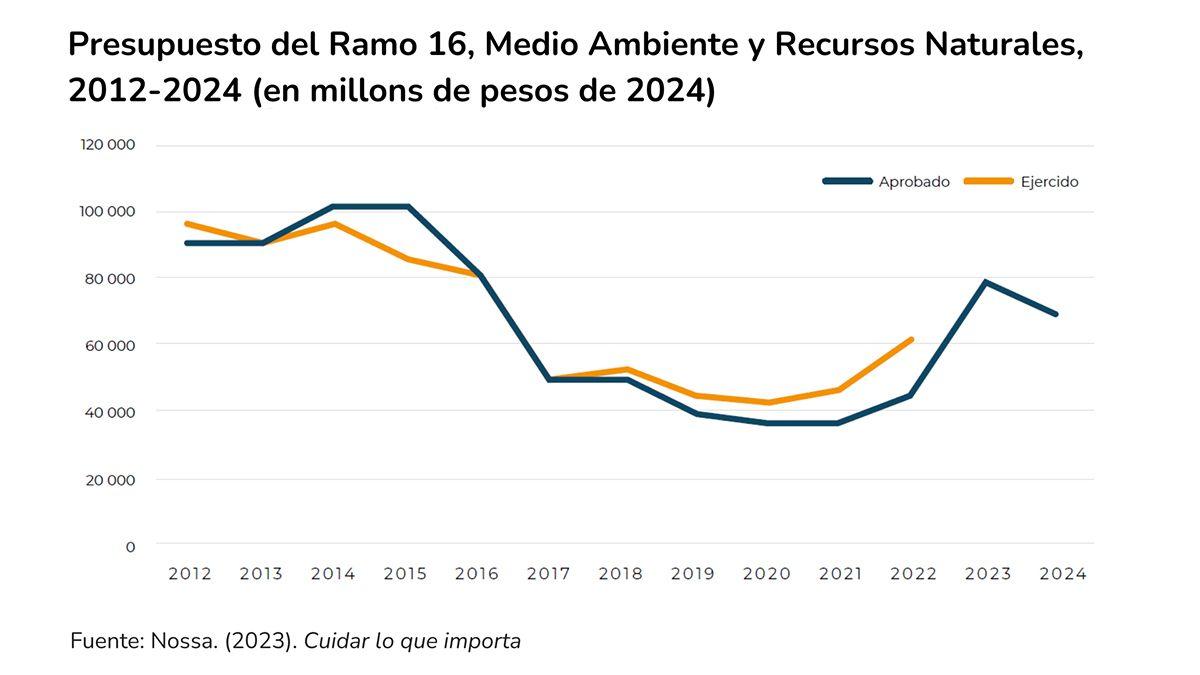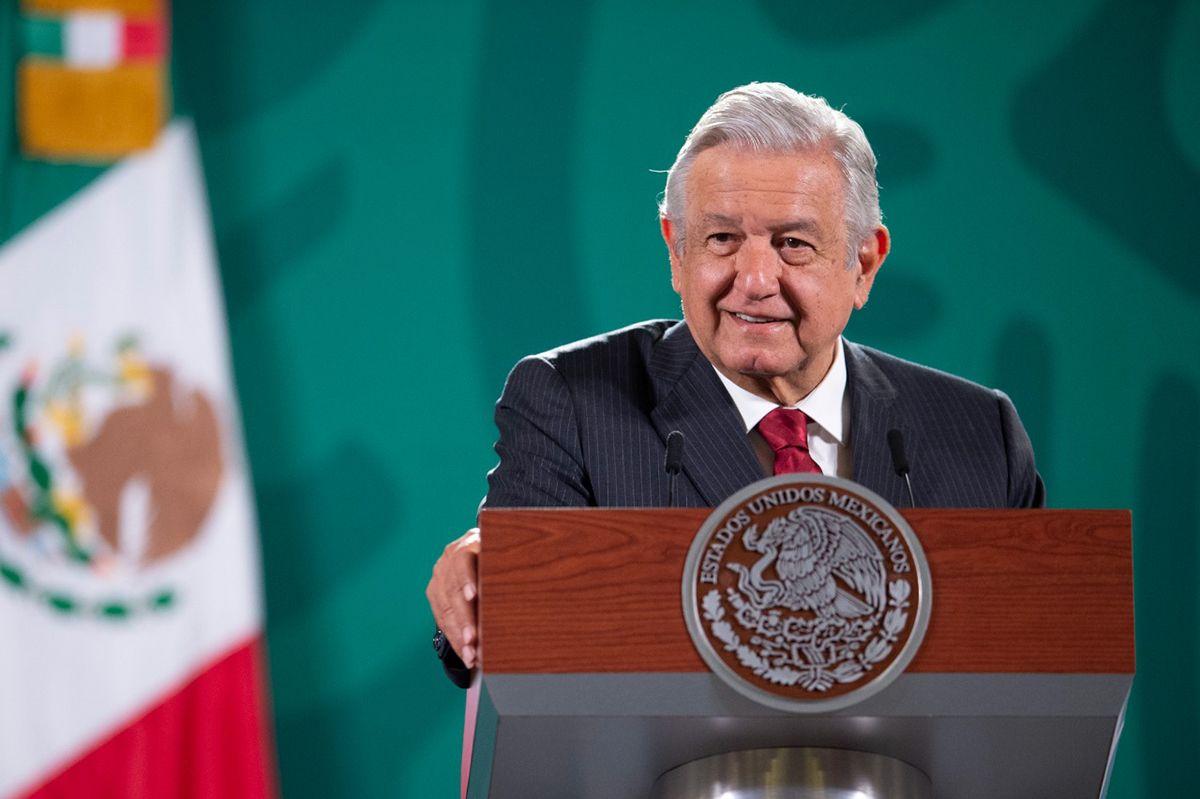The package of constitutional reforms announced by President Andrés Manuel López Obrador on February 5 includes a series of initiatives on environmental issues that are accepted by society. However, given the short deadline to end the six-year term, they run the risk that there will be no time to discuss and approve them, so that they are used for electoral and political purposes, according to Rodrigo Elizarrará, analyst and consultant at Humint Mx.
“I don't think that the spirit of this series of initiatives includes a strong environmental component because it shows that the six-year term has been like that. The first thing that catches your eye is time. So many profound initiatives at the constitutional level, there will be no time to discuss them in the remaining period. They are a series of initiatives that will rather serve for the electoral discussion and put the opposition in a kind of predicament to agree or not with this president's agenda,” he said.
During López Obrador's six-year term, little emphasis has been placed on environmental issues. “Quite the contrary, rather, it has been an agenda that has hit a lot, both in terms of energy and water, let alone the Mayan Train, the refinery and the dismantling of many government institutions,” Elizarrará said.
He considers that the environmental issues included in the reform package are “uncontroversial”, since they have the sympathy of the majority of the population, however, the industry is going to be a very strong lobby to oppose.
The case of the proposed ban on fracking in the national territory, of eliminating open pit mining, of banning genetically modified corn, and of respecting areas with water scarcity and guaranteeing water for personal consumption are issues in which the industry has great interests, he said.
“I think these issues are not controversial, I mean, I think anyone would approve them, but they're going to find a strong lobby from the industries and that's probably what buries them, because I don't think anyone in particular will defend them.”
Because the three months to discuss these reforms are just the three strongest months of electoral campaigns, Elizarrará believes that popular issues are being brought to the table with simple solutions for electoral purposes.
“These processes usually take much longer than three or four months. Today we already have February, March, April. It takes three months to approve all of this. Some may go to the standing committee in the summer or are sent to the next term. Nor is it a very productive time for Congress to start discussing so many complicated issues at the same time. It's actually three months and those are the three strong months of the campaign. There are some topics that are very popular that in reality what they do is to put as a whole agenda of discussion in the campaign for political parties,” he explained.
The reform package also considers “eliminating all onerous and elitist dependencies and organizations” as a strategy for saving the budget, in which it is considered converting the Mexican Institute of Water Technology (IMTA), the National Institute of Ecology and Climate Change (INECC) and the National Commission for the Efficient Use of Energy (Conuee) into administrative units of the Secretariat of Environment and Natural Resources (Semarnat) for the first two and the Ministry of Energy for the last.
If carried out, they will lose budget, capacity to operate and autonomy, according to the consultant, which would render them inoperative.

“The president's vision is much more neoliberal than that of the neoliberals in reducing the State to a minimum, which is what he has been doing in recent years. With a flag of efficiency, the State has been reducing, to the point of having dependencies with three people. An example is Conabio and Conanp, which have been reduced to a minimum with stale budgets and it is impossible for them to do their job like that,” he said.
The constitutional reform initiatives presented by the president were submitted to the Chamber of Deputies for consideration by the competent Committees, and within a period of no more than 90 days they will issue an opinion, once approved, it will be sent to the Plenary for discussion and if they obtain a qualified majority, they will be sent to the Senate.
Senate committees will have 30 days to analyze and rule on initiatives to reform the Constitution and if approved, they will be sent to the Executive for publication in the Official Gazette of the Federation (DOF) to enter into force.
The reforms are limited to what Congress indicates within the deadlines it has, and if delayed, the reform package could move to the next legislature beginning in September, corresponding to the next six-year term.



Comentarios (0)